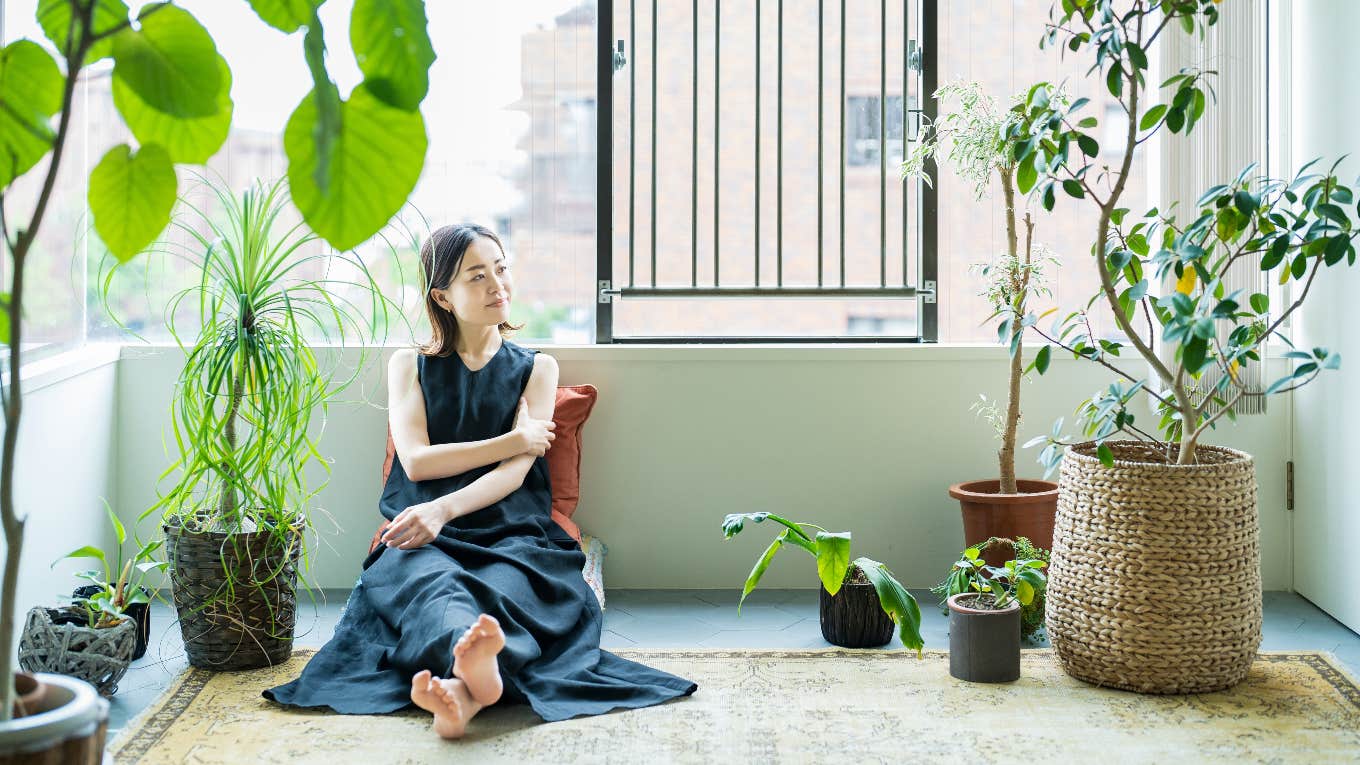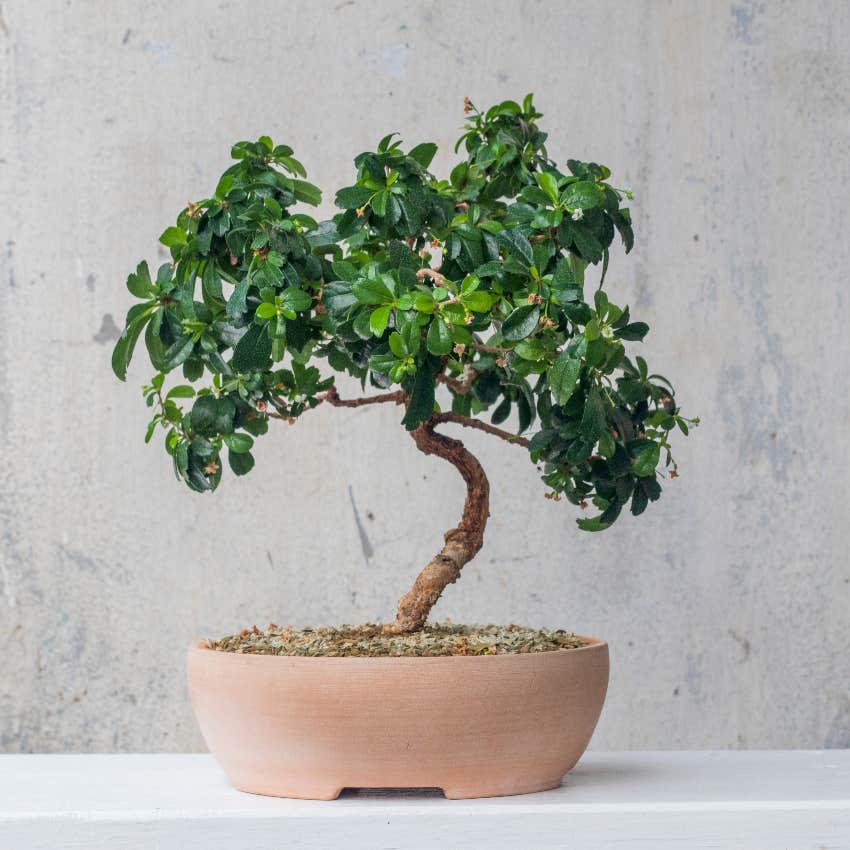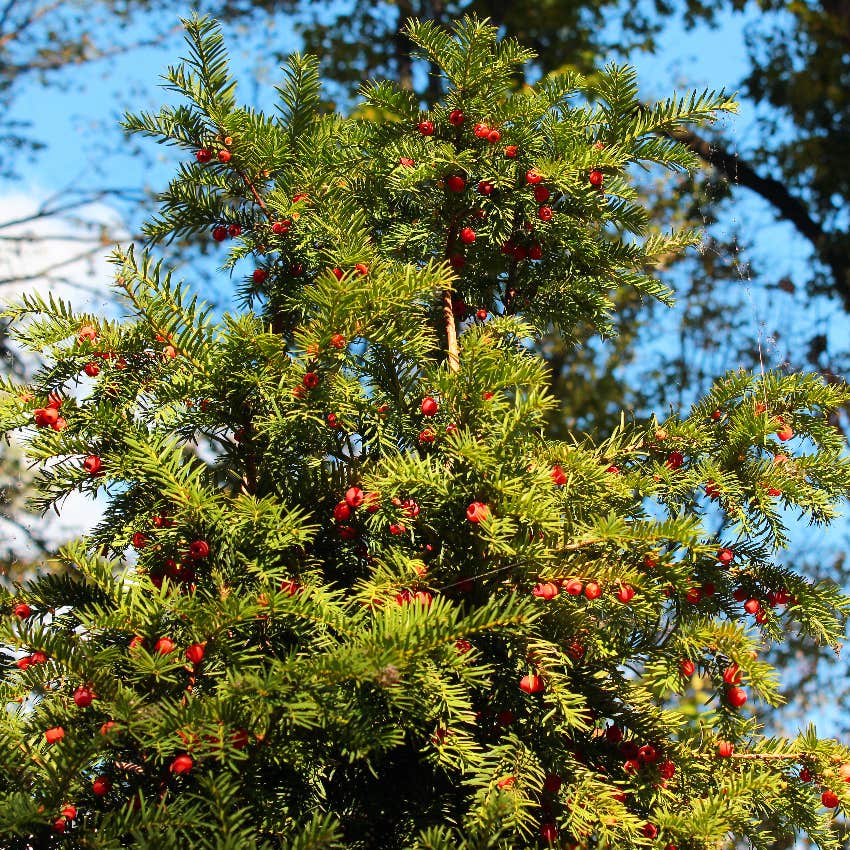3 Popular Plants You Should Never Keep Inside Your Home, According To A Feng Shui Expert
Succulent lovers, you're not gonna like this one…
 maruco | Shutterstock
maruco | Shutterstock Plants are a great way to brighten up a space and make you feel more grounded. In recent years, plant ownership has become a huge trend online as more and more people discover the benefits.
However, according to the rules of Feng Shui, the ancient Chinese practice of thoughtfully arranging our living spaces, many of the plants people love just might be working against us.
Feng Shui experts say there are 3 plants you should never keep inside your home.
First of all, what is Feng Shui? The literal meaning of the phrase is "wind" and "water" — that's what the words "feng" and "shui" mean in Chinese — and it's all about bringing our living and working spaces into balance and harmony with the natural world.
The philosophy of Feng Shui says that if our living spaces are arranged in this harmonious way, that sense of balance will spill over into our lives as well. The principles focus on how to bring prosperity, positive energy, health, and life force into your space and, hence, your life.
Much of Feng Shui focuses on the layouts of our spaces — where to place the bed or desk for the best possible chi, or life force. But what we put in our homes can be as important as their position, and plants have a particular significance when it comes to our decoration choices.
Maria Park, a Los Angeles-based Feng Shui expert and interior designer who uses the concepts in her work, recently dug into the impacts plants can have on our living spaces. She called out three types of plants that have a "bad energy" when indoors and should be off-limits inside your house to maintain the most harmonious home possible.
1. Bonsai
The Japanese art of bonsai is well-known for its positive effects on our psyches.
It offers a contemplative hobby that is all about focus, calm, and creativity. But Park says this hobby, as beneficial as it is, should be an outdoors-only pursuit.
 pjatnica | Shutterstock
pjatnica | Shutterstock
In Feng Shui, the miniature trees involved in the pursuit symbolize stunted growth — that's basically what a bonsai tree is, after all.
That's not the kind of thing you want in your house if you believe in absorbing the energy of the items in your home, right?
Park says bonsais' "stunted growth" can be particularly disruptive to your career, so it's best to leave them outdoors.
2. Cactus
When it comes to Feng Shui, cacti's prickly reputation precedes them.
Park says that cactus plants can bring negative energy and stress if kept indoors. This is because of the Feng Shui principle of "poison arrows," which applies to anything sharp or pointy — which is, of course, kind of a cactus's whole thing.
In contrast, though, many Feng Shui practitioners say that keeping cacti outdoors provides a protective sort of perimeter around your house.
So, keeping them out in the yard might even be beneficial.
3. Yew trees
 aquatarkus | Shutterstock
aquatarkus | Shutterstock
Yews, a group of conifer trees and shrubs known for their green needles and bright, festive red berries, are among the longest-living plants on Earth.
But there's a reason they get left alone so long to grow and grow and grow — it's because they're very poisonous to humans, pets, and livestock.
In many cultures, especially throughout Europe and Asia, they're also traditionally planted in cemeteries because of the plant's symbolism of death and mourning.
If planted indoors, yews "can invite negativity" into your space. Because of these associations, Park says it's best to leave them to landscaping — or maybe just to the local graveyard, for safety's sake.
John Sundholm is a news and entertainment writer who covers pop culture, social justice, and human interest topics.

